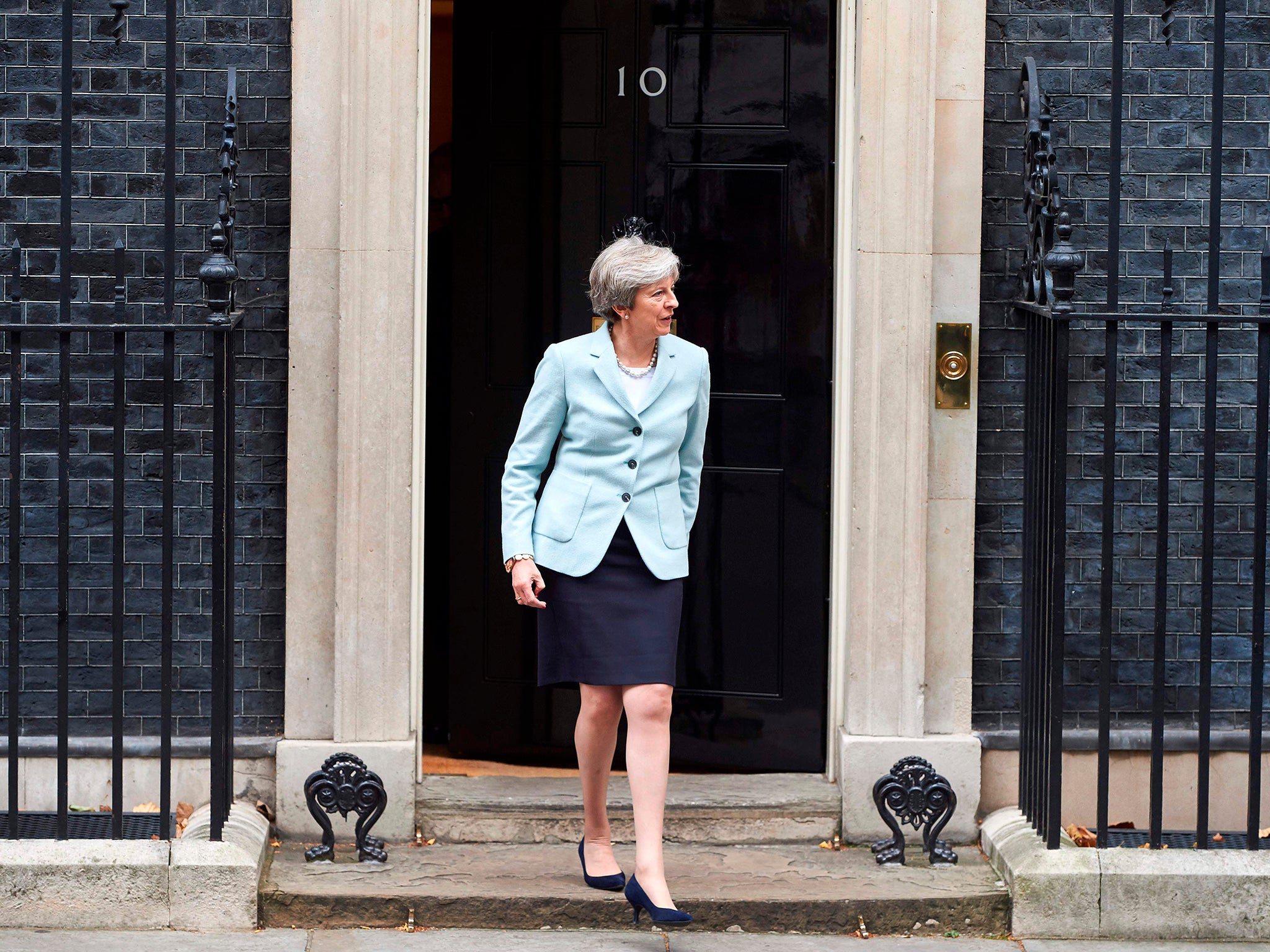Your support helps us to tell the story
From reproductive rights to climate change to Big Tech, The Independent is on the ground when the story is developing. Whether it's investigating the financials of Elon Musk's pro-Trump PAC or producing our latest documentary, 'The A Word', which shines a light on the American women fighting for reproductive rights, we know how important it is to parse out the facts from the messaging.
At such a critical moment in US history, we need reporters on the ground. Your donation allows us to keep sending journalists to speak to both sides of the story.
The Independent is trusted by Americans across the entire political spectrum. And unlike many other quality news outlets, we choose not to lock Americans out of our reporting and analysis with paywalls. We believe quality journalism should be available to everyone, paid for by those who can afford it.
Your support makes all the difference.Italian journalists have gone through the motions to set up a company in the name of a notorious mafia boss headquartered at 10 Downing Street – to illustrate weaknesses in British law they say helps people set up shell companies to launder money across the globe.
Reporters at Il Sole 24 Ore say they were moments away from spending £12 to register the company at the Prime Minister’s address with Companies House under a false name with no real proof of who they were.
Describing the stunt as a “provocation”, the newspaper said “there is nothing easier than creating ghost companies that can hide illegal activities or recycle money” under Britain’s liberalised corporate registration system.
But Companies House, which is responsible for the registration of companies, says that had the reporters completed the registration process – which was not carried out in full to avoid breaking the law – the authority's automatic systems would have stopped the registration from going through.
“Had the application been submitted our systems would have picked up the false information and the incorporation would have been denied," a spokesperson said.
The journalists initiated the investigation after British overseas territories dominated the map of tax havens in the Paradise Papers leaks, with some MEPs accusing the UK of holding up EU efforts to crack down on tax dodging.
The British government says it supports EU efforts to set up a tax haven blacklist, but behind the scenes UK officials are reportedly arguing against the inclusion of UK jurisdictions like the Cayman Islands and Bermuda, as well as against strict enforceable sanctions against countries on the list.
A registration form for the company was filled out in the name of Matteo Messina Denaro, a Sicilian Mafia boss who has been on the run since 1993.
“London and Britain are the realm of ghost-related recycling companies,” the newspaper says.
“Shield companies registered in the country are involved in at least 52 major money laundering cases where at least £80 billion has been cleansed over the past 14 years.”
Though Britain has rules on the registration of beneficial ownership of companies, a lack of resources and controls on the list means that obviously fake companies face few obstacles.
The journalists say they stopped the process before paying £12 so as not to break laws that could have seen them sentence to two years in jail.
The paper argued: “Companies House, the body that manages and supervises the company's register, has neither the men nor the means to verify the reliability of the information that is entered at the time of the registration of a new entity.”
The European Commission is backing three EU-wide policies aimed at stopping tax avoidance: a blacklist of global tax havens backed by sanctions; new transparency rules for tax intermediaries, bankers, and lawyers; and mandatory country-by-country reporting for profits.
In October the EU also announced it was launching an investigation into whether loopholes in UK tax rules, introduced in 2013, allowed multinational companies to unfairly avoid tax by shifting profits around.
The Paradise Papers consisted of over 13 million confidential documents regarding offshore investments by wealthy people around the world that were leaked to German newspaper Süddeutsche Zeitung.
The documents contain the names of more than 120,000 people and companies and shed more light on the tax practices of the very wealthy, following on from the Panama Papers leak released in 2016.
This story has been updated to reflect Companies House's response to the original investigation

Join our commenting forum
Join thought-provoking conversations, follow other Independent readers and see their replies
Comments